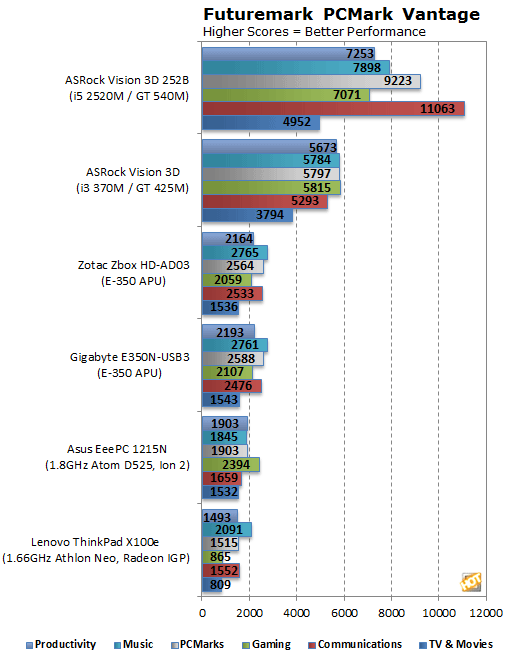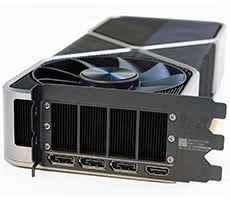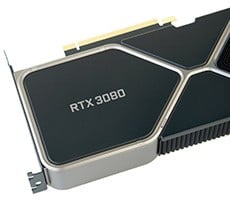ASRock Vision 3D 252B HTPC Review
Performance: PCMark Vantage
Test System Configuration Notes: We compared the ASRock Vision 3D HTPC's performance to an array of other HTPC systems we've used in the past. We compared the Vision 3D to a number of AMD Zacate E-350 Processor-based platforms and a handful of other mobile platforms based upon Intel's Atom or NVIDIA's ION as well. The comparisons will show relative performance versus other low-power power platforms, but as you'll see, the Vision 3D HTPC is markedly more powerful than any of the other systems. In the absence of similarly configured mobile machines to be used for reference testing, we used performance data on hand from other HTPCs, which unfortunately do nt offer nearly as much performance.
|
|
System 1: |
System 2: ASRock Vision 3D 137B Core i3-370M CPU (2.4GHz Dual-Core) NVIDIA GeForce GT 425M 2x2GB DDR3-1066 On-Board Ethernet On-board Audio 2.5" WD Caviar Black HD Windows 7 x64 |
System 3: |
System 4: |
|
First up, we ran our test systems through Futuremark’s latest system performance evaluation tool, PCMark Vantage. PCMark Vantage runs through a host of different usage scenarios to simulate different types of workloads including High Definition TV and movie playback and manipulation, gaming, image editing and manipulation, music compression, communications, and productivity. Most of the tests are multi-threaded as well, so the tests can exploit the additional resources offered by a multi-core CPU.

The ASRock Vision 3D 252B's Sandy Bridge CPU with Hyper-Threading (it a dual-core CPU capabile of processing 4 threads), 8GB of RAM, and relatively fast HD give it the ability to easily outpace the other, lower-powered systems in our DB of performance results.






